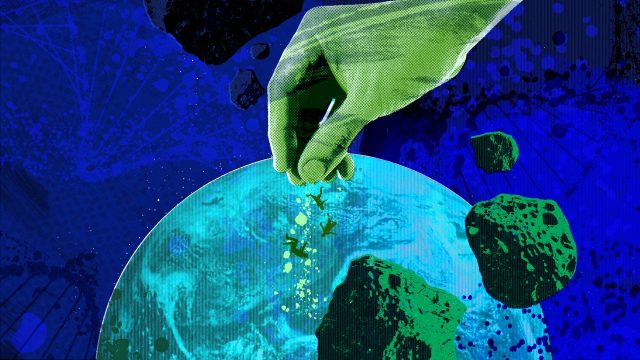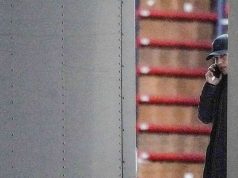
We often wonder whether there are aliens on other planets but what if we ourselves are aliens on the planet we call home?
Panspermia, the “controversial” theory that life “began elsewhere in space” and was “delivered to Earth on comets and asteroids”, is gaining new traction, said BBC Science Focus.
Building blocks of life
New analysis of asteroid rocks brought back to Earth by Japanese and Nasa-led space missions suggests a presence of some of the building blocks of life – which could mean that those “same building blocks”, and “perhaps even primitive microbial life”, could have been delivered to Earth on other asteroids or comets billions of years ago, said BBC Science Focus.
Scientists examining the rock samples have found carbon, ammonia, salts, 14 of the 20 amino acids needed to make proteins, and the “basic constituents of DNA and RNA”.
Of course, “just having the right conditions and ingredients” for life “doesn’t mean you’ll necessarily create life”, but the findings will still gladden the hearts of believers in panspermia.
The origin of those first life-delivering rocks could have been a nearby planet, like Mars, or somewhere light years away. And, if that was the case, the potential consequences are huge – because, if it happened here, it has probably happened on other planets, too.
‘Wild’ theories
The theory of panspermia dates back many years and was “popularised in the 1970s” by the British astronomers Fred Hoyle and Chandra Wickramasinghe, said BBC Science Focus.
Their suggestion that asteroids and comets could have been incubators for life wasn’t taken seriously at first, and the pair were regarded as “crazy”, said Paul Davies, a theoretical physicist and astrobiologist at Arizona State University.
But the theory gradually “became more alluring”, and “reached a fascinating peak” in 1996 when scientists believed they had discovered traces of microfossils of bacteria inside a meteorite from Mars that had landed in Antarctica. The discovery was later refuted.
Recently, in a “wild” new spin on the theory, known as directed panspermia, it’s been suggested that “aliens sent microbes or simple life forms” to Earth themselves, to “propel evolution”, said the Daily Mail.
Even if the panspermia (or directed panspermia) theory turns out to be true, it doesn’t answer the big question, said New Scientist, because it “simply relocates the problem of how life got going – we haven’t found evidence of life elsewhere”. Besides, we know that space is “hostile to life”, as shown in experiments where bacteria placed outside the International Space Station faced a “heavy toll”, so there are question marks over how life’s building blocks could survive the putative journey through space to Earth.
New findings have resurfaced an old, controversial idea




